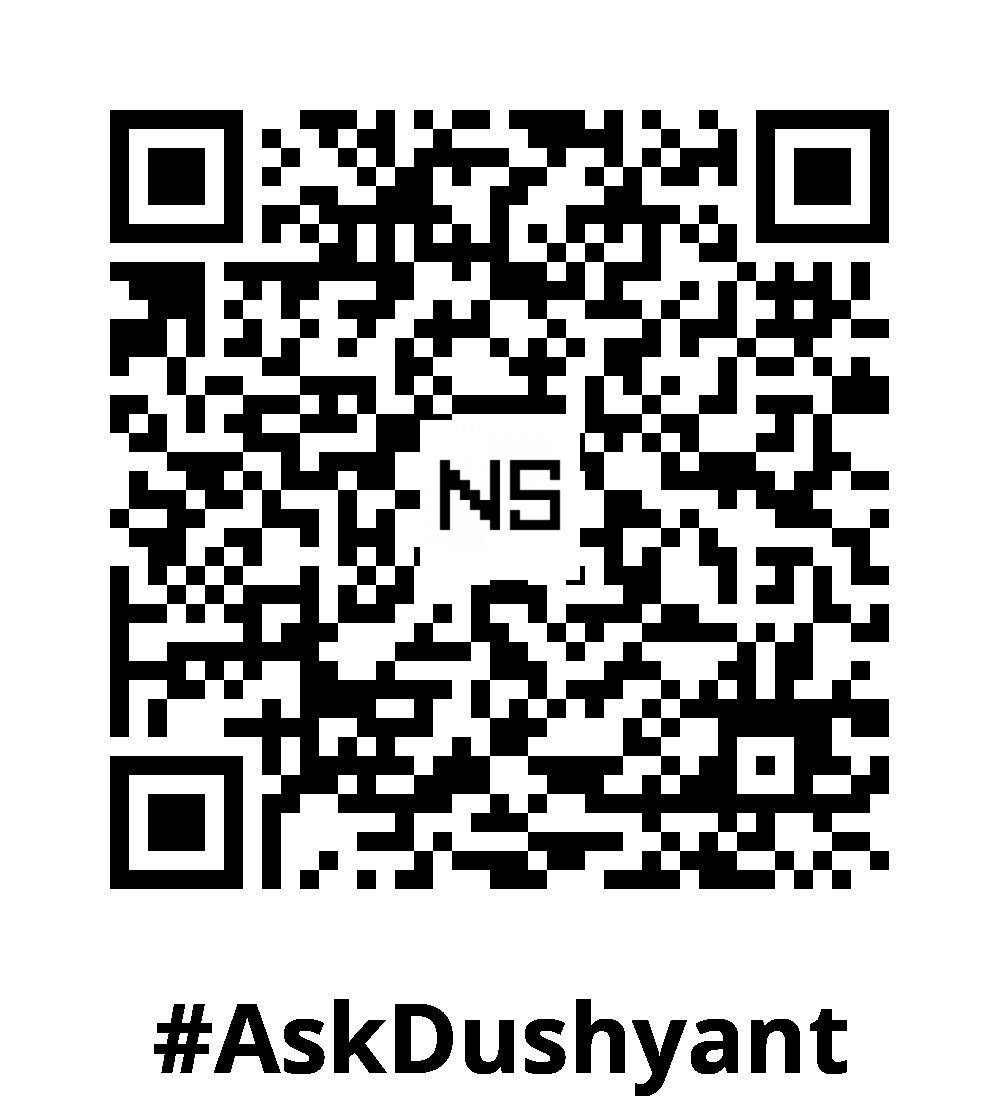In recent times, I have witnessed how technology fuels sudden political collapses in developing countries. Nations like Sri Lanka, Bangladesh, and Nepal faced government toppling within hours, something unimaginable in past history. Earlier, revolutions took years of struggle, oppression, and atrocities before people could challenge authority. Today, digital platforms can amplify unrest, transforming protests into chaos almost overnight — A playbook (Template/Toolkit) that keeps getting reused.
Collapse of Nepal
Few days earlier, on 8–9 September, I heard the news of Nepal restricting certain social media apps. Under Nepal’s new law, social media platforms were required to register but failed to comply and got banned — sparking outrage among Gen-Z users. A country is been build by its people and governed by their constitutional laws, and regulations must evolve with the times. However, big tech companies set the narrative as “Gen-Z Revolution” while indirectly sending a message—oppose us, and risk national instability.
Internet From Information to Influence
Back in my college days as a CSE student, I found internet was a new source of knowledge unavailable to most. Fast forward twenty years, algorithms and AI now personalize responses by region, language, and geography. But today, big tech goes beyond that—dictating choices, purchases, even shaping thoughts and narratives without real fact-finding. The Nepal crisis proved how these platforms, when backed by business interests, can destabilize governments in mere hours.
Social Media Manipulation and Narrative Control
What concerns me deeply is how social media platforms, communication apps, and hashtags mobilize citizens at massive scale. A single narrative is promoted, while opposing voices are suppressed. This manipulation creates unrest, forces violent clashes, and destabilizes governments. Having worked in technology for over two decades, I know how easily algorithms and platforms can be exploited to influence millions.
Communication Warfare as a Global Threat
I believe communication warfare is already here. Big tech companies, mostly based in the US, control social media, messaging apps, and video platforms that dominate developing nations. With AI trained on user data, these firms can push tailored narratives, fueling chaos without deploying armies or crossing borders. The rise of internet-driven influence is turning digital platforms into invisible weapons of modern geopolitics.
Future of Nations in the Grip of Big Tech
The internet has grown beyond information-sharing—it has become a kingdom with power to dictate terms globally. Countries dependent on foreign digital platforms risk catastrophic failure if they ignore this threat. Without strong regulation and national data laws, governments will remain vulnerable to external manipulation. I strongly feel that unchecked power of big tech in political movements is a danger to country, democracy, stability, and sovereignty.
Note: The names and information mentioned are based on news and publicly available information; however, they do not represent any formal statement.
#SocialThought #NepalCrisis


Leave a Reply